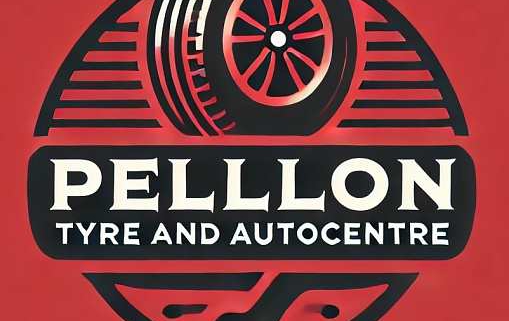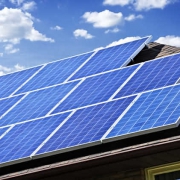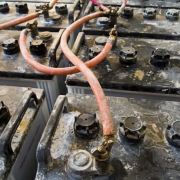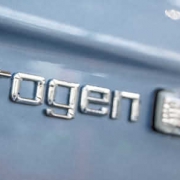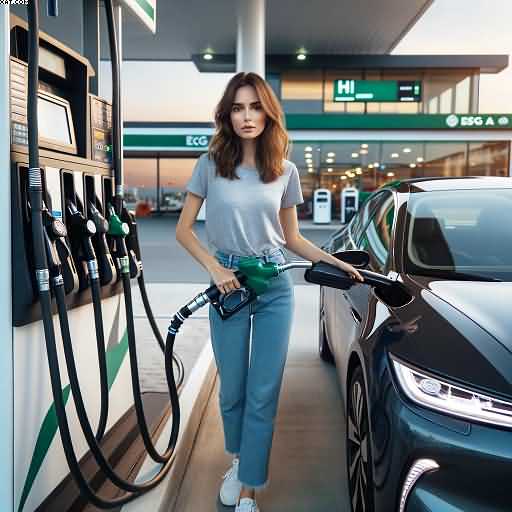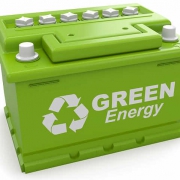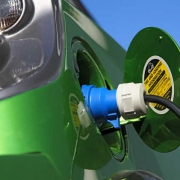Batteries charged by Solar Panels
Batteries charged by Solar Panels
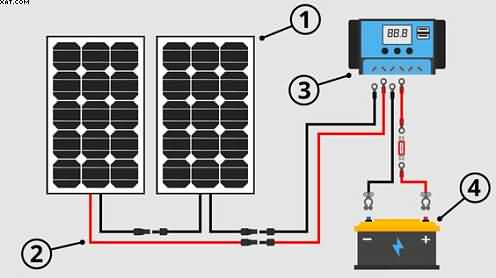
Batteries charged by Solar Panels
Of course, connected up to a Lithium Ion pack. Enabling the car to do 45 k/hr. With a range of about 50 kilometres. This little car has special suspension. Of course, that allows it to sort of tilt, as you can see in the picture. Thus, it is expected to be used in busy cities and towns. Consequently, the car will be known as the I-Road. Subsequently, it will also be able to be plugged in and charged at any charging station. Of course, as well as at home.
The future of the Lithium-Ion battery is becoming more certain. Hence, regarding the batteries,. Including when they have finished their end of life as a new car battery. Although the old, replaced battery may not be suitable for a car,.
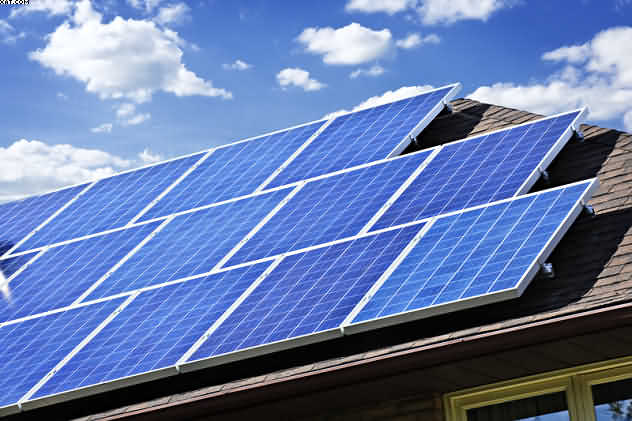
Eric Roberts says that the combination of battery storage and solar panels has gained popularity in recent years as a method to enhance the dependability and affordability of renewable energy. By putting excess solar-generated energy in batteries.Of course, individuals and organisations can utilise that energy later, even when there is no sunlight. This can help decrease reliance on conventional fossil fuels and provide a more consistent source of energy.
One of the primary benefits. Batteries charged by Solar Panels
Of battery storage combined with solar panels has the ability to reduce or eliminate reliance on the power grid. This can be particularly important in regions with undependable or costly electricity or during power outages. By utilising stored energy from batteries, individuals and organisations can continue to power essential appliances and equipment even during blackouts. Furthermore, because solar panels generate energy during the day, when energy demand is typically highest, they can help decrease stress on the power grid during peak usage hours.
Another benefit of battery storage combined with solar panels is cost savings. While the initial cost of installing solar panels and battery storage can be significant, over time, the energy savings can more than offset the initial investment. In many cases, individuals and organisations may even be able to sell excess energy back to the grid, further offsetting the cost of the system. Additionally, as battery storage technology continues to advance and become more affordable, the cost savings associated with solar panels and battery storage will only continue to increase.
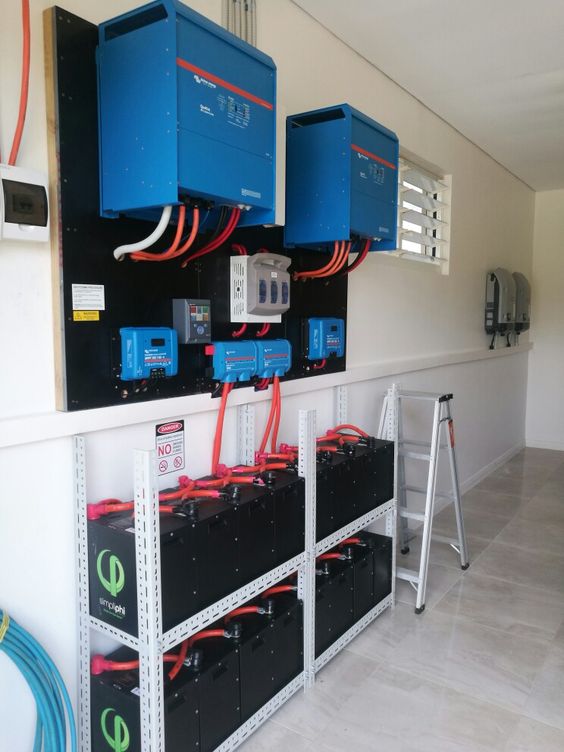
Batteries charged. Batteries charged by Solar Panels
Then, scientists are thinking of using disused batteries for solar energy Battery storage purposes. To be charged and used as storage. The world will be crying out for some solution to solar energy storage. Of course, the old Lithium-Ion batteries could well be the answer. To the disposal problem.
In addition to the benefits mentioned above, battery storage combined with solar panels can also help to reduce greenhouse gas emissions and promote a more sustainable future. By utilising renewable energy sources, such as solar power, instead of relying on traditional fossil fuels, individuals and organisations can decrease their carbon footprint and help mitigate the impacts of climate change.
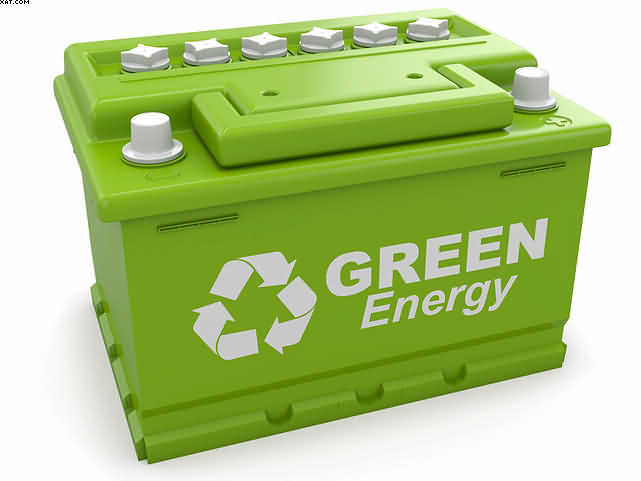
Furthermore, the use of battery storage can help
to make renewable energy sources more practical and reliable, encouraging even more people to adopt sustainable practices. As more individuals and organisations embrace this technology, the future looks brighter for a cleaner and more sustainable world. I have to say that my own battery storage is still working fine here in 2023.
As a result of demand. Other power-saving technologies have been invented in universities. All over the world. Hence, to reduce emissions and greenhouse gases,. Including the Start-Stop Batteries that are now becoming more popular with car manufacturers.
